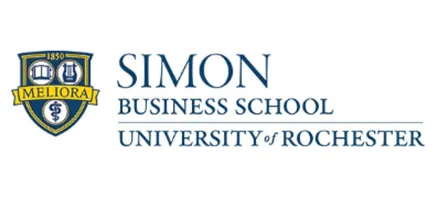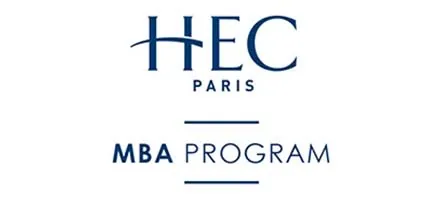MBA interviews are a critical part of the application process, and it’s important to prepare. It’s also important to make good decisions about when and how you interview. Consider these factors, so that you optimize your MBA interviews.
-
Always go to campus if you can.
In addition to letting you schedule an on-campus interview, many schools will let you interview in your city, or remotely via skype or facetime. Local interviews are conducted by alumni, or by traveling admissions officers.
Unless you really, truly can’t travel it’s always best to choose the on-campus option. You are more likely to interview with an admissions officer or trained second-year student, optimizing your chances of having a robust conversation. (Please see below about alumni interviews.) It’s never as easy to connect with your interviewer over skype as it is in person, and you really want to forge that connection. Also, traveling to campus demonstrates genuine interest, which is a factor that admissions committees consider as they estimate yield.
-
Alumni Interviews are unpredictable.
Some business schools, including Columbia, use alumni interviewers to conduct the vast majority of their evaluations. Others use alums to screen some of their candidates. If you have a choice, I strongly advise you to avoid having an alumni interview. Although some schools do a great job of training their alum volunteers others do not – which leads to enormous variation in the quality of the conversation.
As an admissions consultant, I hear stories about alums who talk primarily about themselves, or who cross strange boundaries to ask intrusive and illegal questions about topics like pregnancies. As a former Tuck admissions officer, the alumni interview reports that I read often weren’t as detailed or relevant as I needed them to be in order to advocate for the candidate. There are absolutely fantastic alumni interviewers, but choosing one is an unnecessarily risky move.
-
Research the format.
Don’t assume that all MBA interviews are the same! Although you will likely have to discuss your goals, work experience, interpersonal skills and interest in the program at all schools, there are nevertheless serious structural differences. Darden, for instance, often asks candidates to talk about themselves in an unstructured way, so you need to be prepared to carry the conversation, and to share a coherent narrative and highlight your strengths. Wharton and Ross have group exercises, which also require a different type of preparation.
MBA interviews are an exciting opportunity to share your strengths and passion for the school. Whenever possible, choose the format that will best allow you to present your case.
















